LaGrange, Troup County and West Point fire departments quell the inferno
Published 12:00 am Wednesday, September 30, 2015
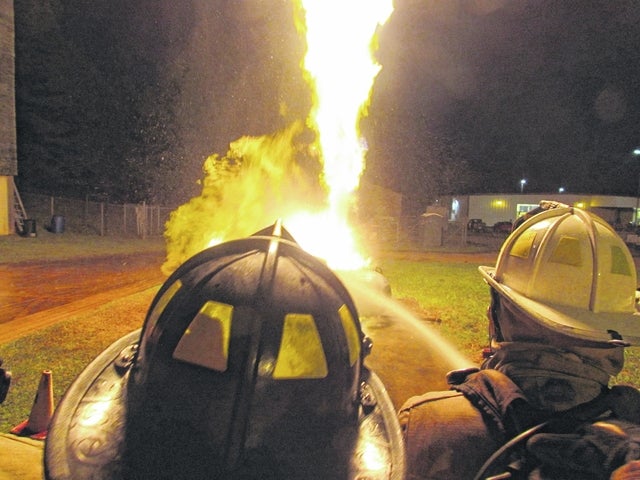
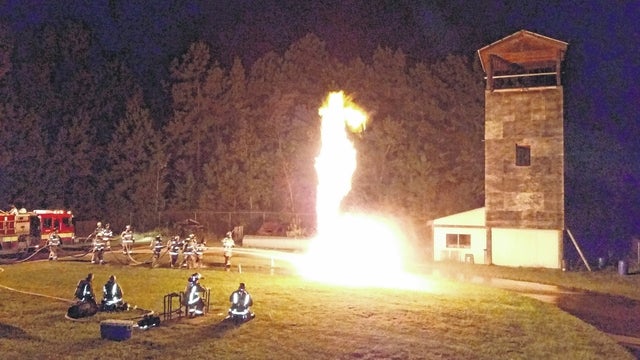
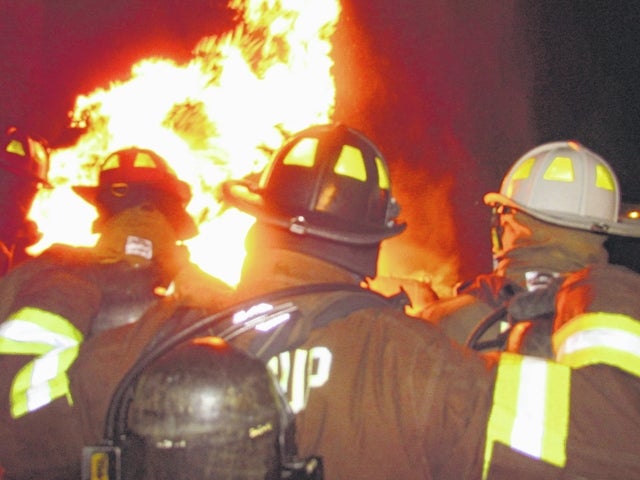
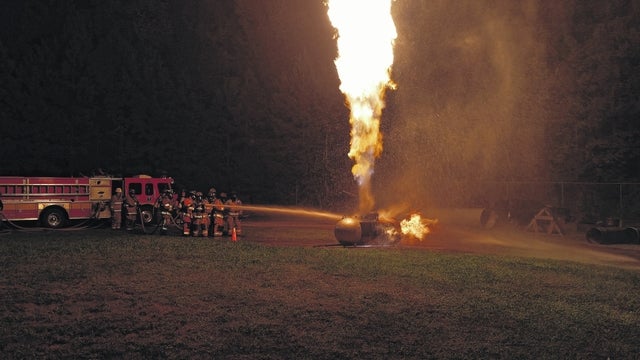
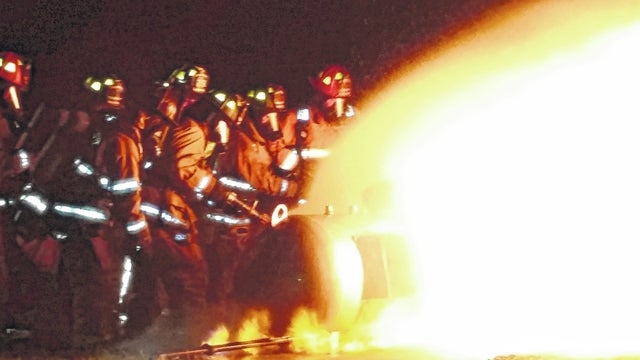
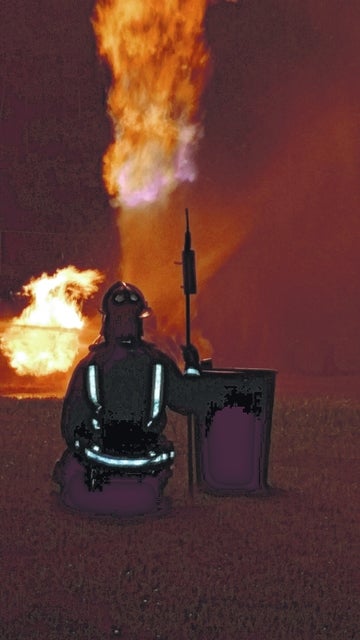
LaGRANGE — It was hard to miss the the large plume of flames or feel the heat radiating from the 25-foot tornado of fire hovering over the LaGrange Fire Training Center off Fort Drive on Tuesday night.
The odor of the propane gas seeped into your nostrils — and clothes — pretty quickly too. For a curious onlooker, the sights, sounds and smell of the blaze might have seemed overwhelming.
But for more than two dozen firefighters, instructors and chiefs from all three of Troup County’s fire departments, it is just another part of their jobs.
The crews from the West Point, Troup County and the LaGrange fire departments honed their skills and knowledge in a daylong course on pressurized container fire control, mainly dealing with liquefied flammable gases such as propane or butane.
“Say a gas tank pulls up to make a delivery and hits something in the road, and the driver gets out and sees a vapor cloud,” explained West Point Fire Chief Milton Smith. “Or there is a structure fire. Firefighters are taught to do laps around the house to look for these problems. They need to think about how much bigger would the problem be if there was a propane tank sitting there.”
If the tank exploded it would cause a boiling liquid expanding vapor explosion, or what firefighters refer to as BLEVE.
“It’s not about the burning,” said Smith. “It’s about not letting that gas find an ignition source, such as a light switch, a radio or a car ignition.”
While the firefighters spent the first part of the day in a classroom and took a written exam, the real test came at night when the crews put their knowledge into action at the training center.
“We’re simulating what we would do if we did have a propane tank catch on fire,” said LaGrange Fire Lt. Caleb Harrison. “We’ll try to cool the vapors sitting at the top of the tank and eliminate the threat of an explosion … everyone (firefighters) has to stay together in a formation and coordinate the angles of their fire hose nozzles. If they miss the tank, the valve will pop off the top of the tank and shoot flames into the air.”
After dousing the flames, one firefighter had to move in to shut off the valve, sealing off any more propane gas from escaping into the night sky.
Practice made perfect for the crews. The instructors conducted a few test runs, and then lit 24 propane fueled fires — one for each of the firefighters there to test their skills being on the safety line, running the hose and battling the blaze, plus being the brave soul who stepped forward into the fire to shut off the valve to the tank.
“We respond to a lot of gas leaks,” said LaGrange Fire Sgt. Mike Cosmah. “It’s good to stay refreshed, to stay up to date on tactics, new techniques and laws … work together as a team, learn new techniques … that’s what training is all about. The more your do, the better you get … As a department, we pride ourselves that we stay ahead of the curve, and this is how we do it.”
The class was also a way for firefighters to learn to work with other crews they do not interact with on a daily basis.
“It’s really about working with each other, especially people from other departments and communicating with them,” explained Troup County Firefighter/EMT Willie Henderson. “Just really getting to know the firefighters from the other units. We’re all about safety.”
Noted Smith: “This is one of those times we all get to train together … look at us. We’re all talking together, which is good because they’re not tense. You need to trust who you’re working with once those masks go on and you’re working together to battle a fire.”
According to Smith, the pressurized container fire control class is usually only taught at the Georgia Public Safety Training Center in Forsyth. But since all three fire departments had enough certified instructors on hand, the crews were granted permission to teach it locally.
The training has taken place for three consecutive weeks to give every firefighter in the county a chance to take part in the exercise.
Smith said all firefighters who participated in the classroom sessions, passed the written exam and successfully completed the nighttime fire drill will receive a certificate for the class.




